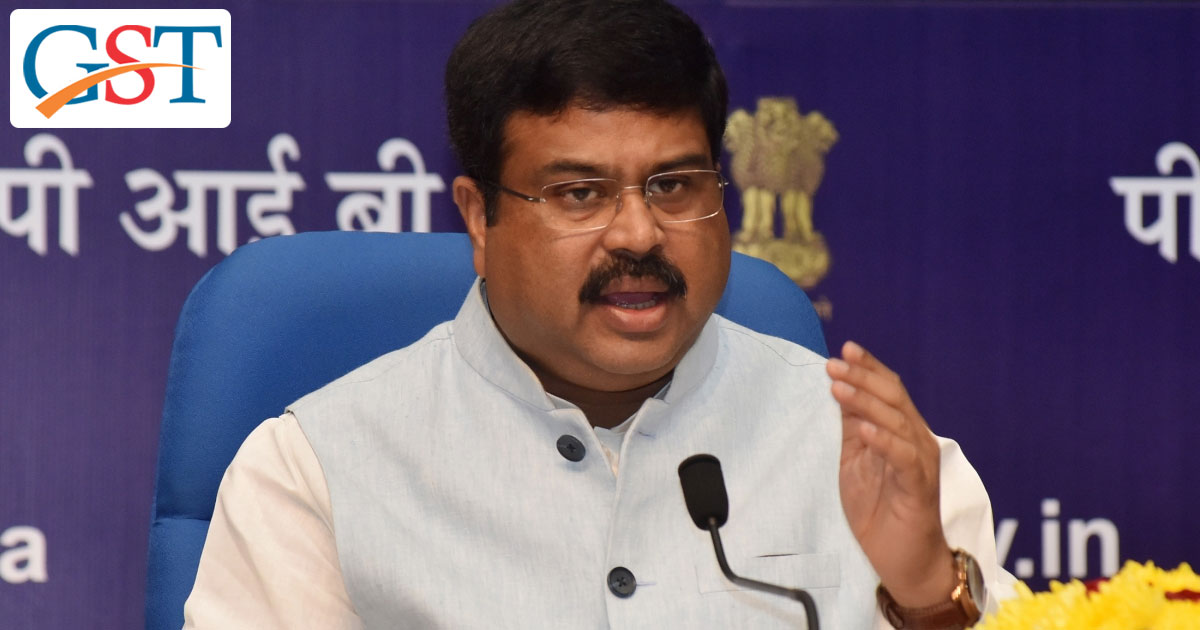
The Comic 1 Paisa Relief
Since India ushered in the GST age, there has been a steep and autonomous increase in petrol and diesel prices. While some say that the rising crude oil price is the major reason, some claim that autonomous nature of the price index can be attributed to the non-inclusion of Petrol and Diesel in the GST. Moreover, the Oil Companies do a daily revision of prices which is now considered a major reason for the fluctuations. As part of this daily revision, the IOC in its website had declared a reduction of 60 paise and 56 paise in petrol and diesel prices respectively. But later retracted by saying that due to technical and clerical errors the reduction would be limited to 1 paisa only. This was obviously met with great anger and frustration from the common man.
The Long RoadMap
Immediate relief is nowhere in sight though. While promises for a long-term solution have been made it would be interesting to see whether this time GST Council brings Petrol and Diesel within GST norms. A few hurdles on the way include:
- Developing a consensus among states
- The State Economics differ from each other both in expectations and expenses.
- Excise Duty is not the only factor
- Value added tax levied by states is the main price affecting factor.
A consensus between Centre and State seems to be the need of the hour. Bringing petrol and diesel within GST radar could offer substantial respite to the increasing fluctuations. GST will render some form of Tax Uniformity on the POL. Mr Pradhan said,”We need holistic approach towards managing all these factors as even if we intervene in one factor, it will affect the other factors.”
Kerala has eliminated transportation tax which brings down the price by Rs 1.
Too Many issues in the Tanks
India imports more than 80% of its fuel. The Petroleum Minister has highlighted factors that directly and almost autonomously affect Petrol-Diesel prices:
- International crude oil prices
- Dollar-Rupee exchange rate
- Centre-state tax component
Moreover, he also added, “The government has nothing to do with daily pricing mechanism (of petrol-diesel). (Oil) companies are independent and autonomous to fix their own prices.” However, as Petroleum Minister he apologized for the 1 paisa glitch.
Recommended: GST (Goods and Services Tax) Impact on Common Man
Mr Pradhan also said that India has been raising registering concerns over limited production in the GULF before the OPEC since last three years and it will continue to do so. Moreover, the recent sanctions by The US on Iran, as well as political instability in Venezuela, has considerably affected prices. Amidst these issues that are not within the Government’s Jurisdiction, Mr Pradhan called for a holistic approach and long-term solution in the form of uniform taxation.









